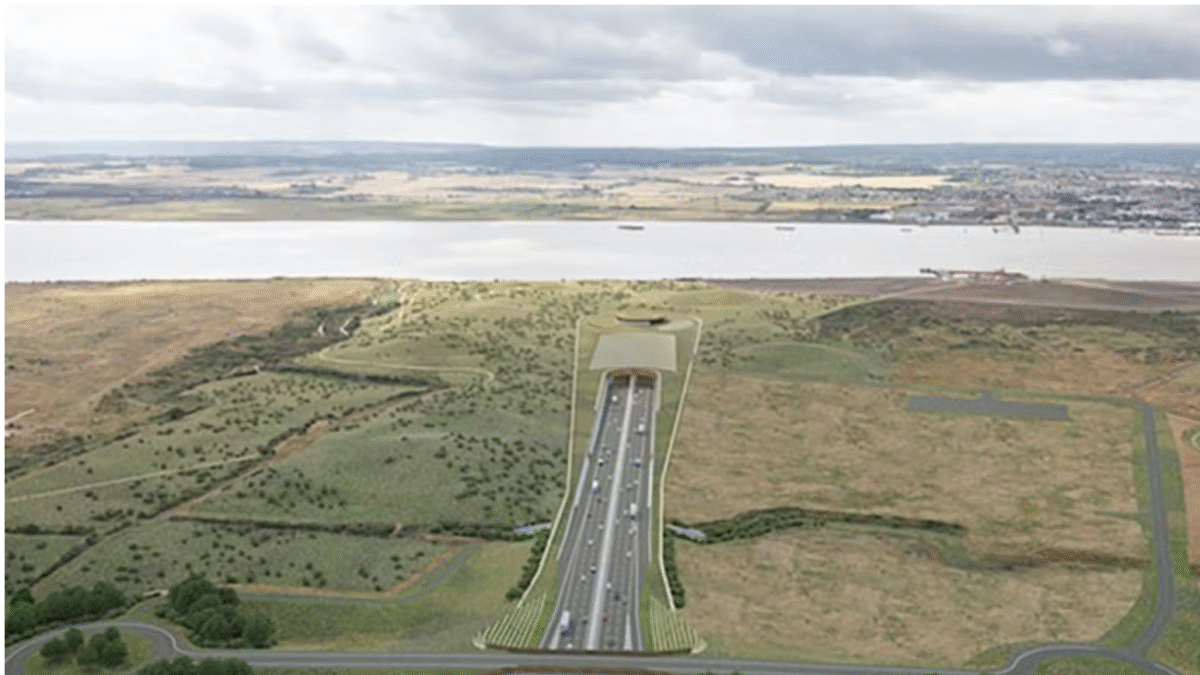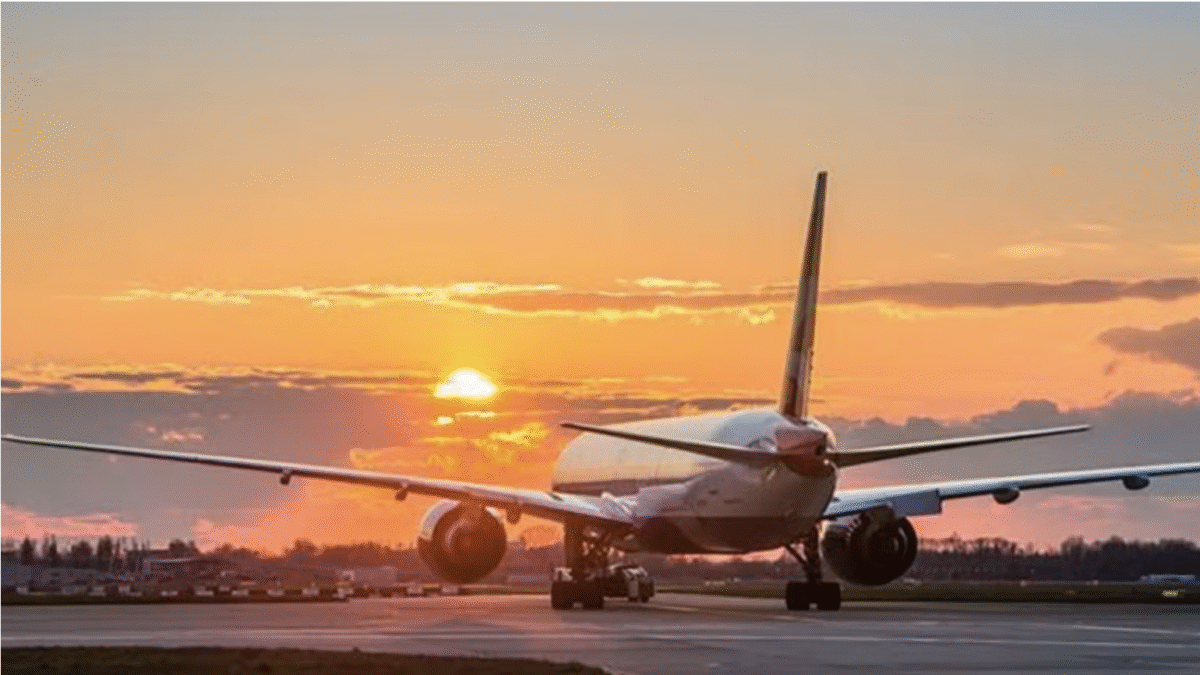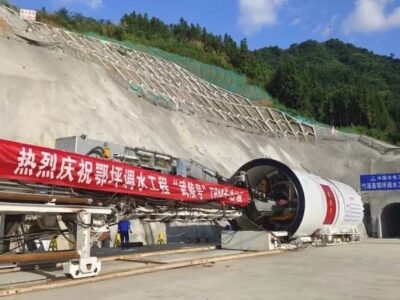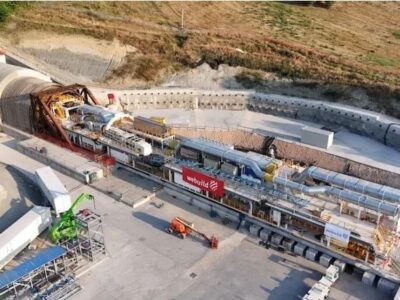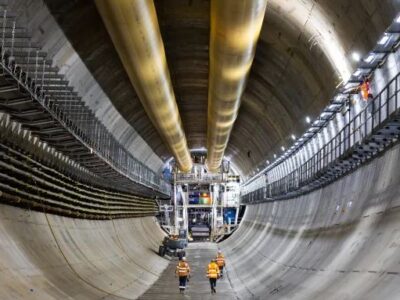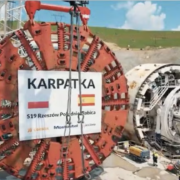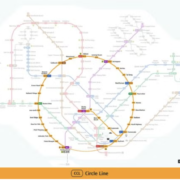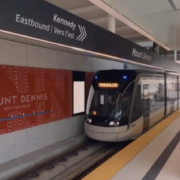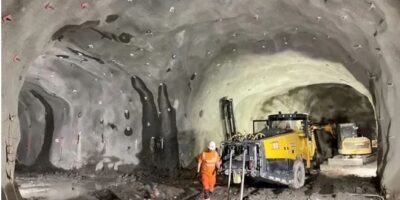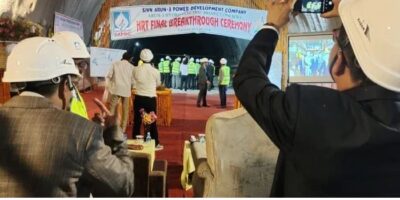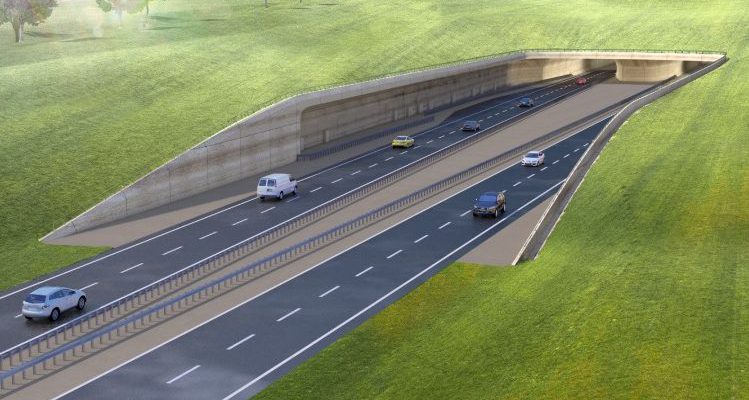
Foreclosing the NCE journalists’ right to access to the first day of the Stonehenge Tunnel High Court hearing, aroused the Media and law’s outrage.
Notwithstanding presenting their request to the court a day in advance, NCE journalists were deprived access to the virtual hearing that will scrutinize the legality of planning approval for the £1.7bn road scheme.
A High Court representative told an NCE journalist: “Access would not be granted as the number of people able to attend the virtual hearing was capped at 99 and had been allocated on a first come, first serve basis.”
According to the High Court representative, “hundreds” of pleas have been sent to access the hearing.
Law Society Gazette news editor Michael Cross described the situation as “completely outrageous”.
“They should have expected great interest in this hearing and made provision for more [people]. Journalists don’t have formal privileges over members of the public in open justice but on a practical level, judges have ruled over the years that as the eyes and ears of the public we should get preferential treatment because it’s a more effective way of reaching the public,” Michael said.
He also added: “This was reinforced in guidance on supporting media access to courts and tribunals – published by Her Majesty’s Courts and Tribunals Service last year – which stresses the importance of allowing media access to hearings. I don’t see any technical reasons why they should be limited to 99,” Cross said. “Even if it is, on the principle of the eyes and ears of the public preferential access should have been given to journalists.”
Séamus Dooley,NUJ assistant general secretary, emphasized that: “A fundamental principle that justice should be administered in public”.
He continued: “Remote hearings are a feature of the Covid 19 period and, although not ideal, compensate for accessible public hearings. It should not be beyond the capacity of the authorities to put in place appropriate arrangements to facilitate media requests to the greatest extent possible and it is very disappointing to note that this has not happened. This is a significant case of major importance and a high level of media interest could have been anticipated.”
Requesting ab increase in numbers, Transport Action Network (TAN) director Chris Todd also stated: “a number of [TAN] supporters” had been disappointed to not gain access to the hearing. For a case like Stonehenge Tunnel that’s hugely controversial we need more access than 99 people. Google and Zoom upped their conference limits a year ago.”
Stonehenge Alliance representative, Kate Freeman, stressing on the Stonehenge Alliance’s recently hold a transport and archaeology webinar earlier this month for 1,000 participants and the video recording has had over 700 downloads, asserted: “By contrast the High Court can only grant access to 99 guests when hundreds have failed to gain access. This limitation is not only technically archaic but is contrary to open access to justice and proper accountability, especially since the extortionate costs involved are such a high barrier to completing the DCO planning process this seems terribly unfair.”
“I believe the Lord Chancellor, Robert Buckland, should investigate the woefully inadequate situation as a matter of urgency. This court case is the culmination of over six years of campaigning against this disastrous road scheme,” said Stonehenge.
The campaign group Save Stonehenge World Heritage Site (SSWHS) is the responsible of commencing this legal challenge and believes the bids will have a detrimental effect on the ancient site and is searching permission for a judicial review of the project.
While the in the November the scheme has been approved by Transport secretary Grant against the recommendations of planning officials, the High Court hearing will specify whether a judicial review should be granted.


